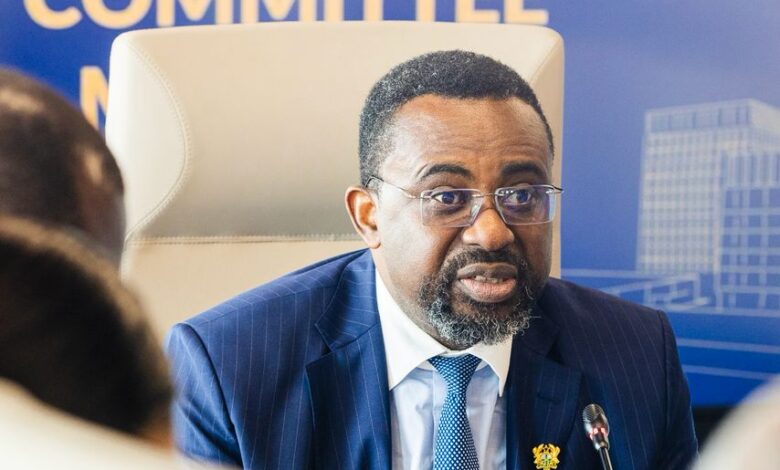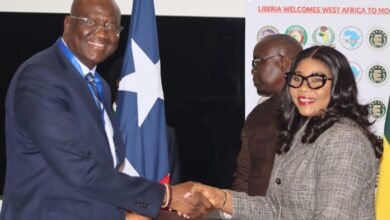Ghana’s Economy on Strong Recovery Path – BoG Governor

The Governor of the Bank of Ghana, Dr. Johnson Pandit Asiama, has expressed confidence in Ghana’s economic recovery, highlighting strong growth, easing inflation, and a resilient financial sector as the country continues to navigate global uncertainties.
Speaking at the 126th Monetary Policy Committee (MPC) meetings in Accra, Dr. Asiama noted that Ghana’s economic fundamentals have improved significantly, boosting investor and consumer confidence.

According to him, provisional data show that Gross Domestic Product (GDP) grew by 6.3 percent in the second quarter of 2025, driven largely by services and agriculture, while non-oil GDP expanded by 7.8 percent. “High-frequency indicators confirm this momentum,” he said, pointing to the Bank’s Composite Index of Economic Activity, which rose 6.1 percent year-on-year in July.
Inflation has also continued to ease, falling to 11.5 percent in August, the lowest level since October 2021. This, Dr. Asiama explained, was supported by tight monetary policy, fiscal discipline, and improved food supplies. “Core measures and expectations continue to re-anchor,” he stressed.
On the external front, Ghana recorded a trade surplus of US$6.2 billion in the first eight months of the year, buoyed by strong gold exports and higher cocoa receipts. Gross international reserves stood at US$10.7 billion in August, equivalent to about 4.5 months of import cover.
The cedi has also been one of the best-performing currencies globally, appreciating by about 21 percent against major currencies as of September 12. Dr. Asiama attributed this to prudent monetary management, fiscal consolidation, and higher foreign-exchange inflows.
The banking sector, he said, remains stable, with the capital adequacy ratio climbing to 19.5 percent in July. While non-performing loans (NPLs) remain elevated at 21.7 percent, the figure drops sharply to 8.4 percent when fully provisioned losses are excluded, underscoring resilience in the sector.

On the fiscal side, Ghana recorded a deficit of 0.7 percent of GDP in the first half of the year, below target. This, coupled with cedi strength and external debt restructuring, has led to a decline in the public debt ratio by mid-year.
In response to easing inflationary pressures and stronger buffers, the MPC in July reduced the policy rate by 300 basis points to 25 percent. “Our commitment remains firm: to maintain price stability, safeguard financial stability, and create the conditions for inclusive, sustainable growth,” Dr. Asiama affirmed.
The Governor, however, cautioned that risks remain, including global trade disruptions and potential domestic utility tariff adjustments.






